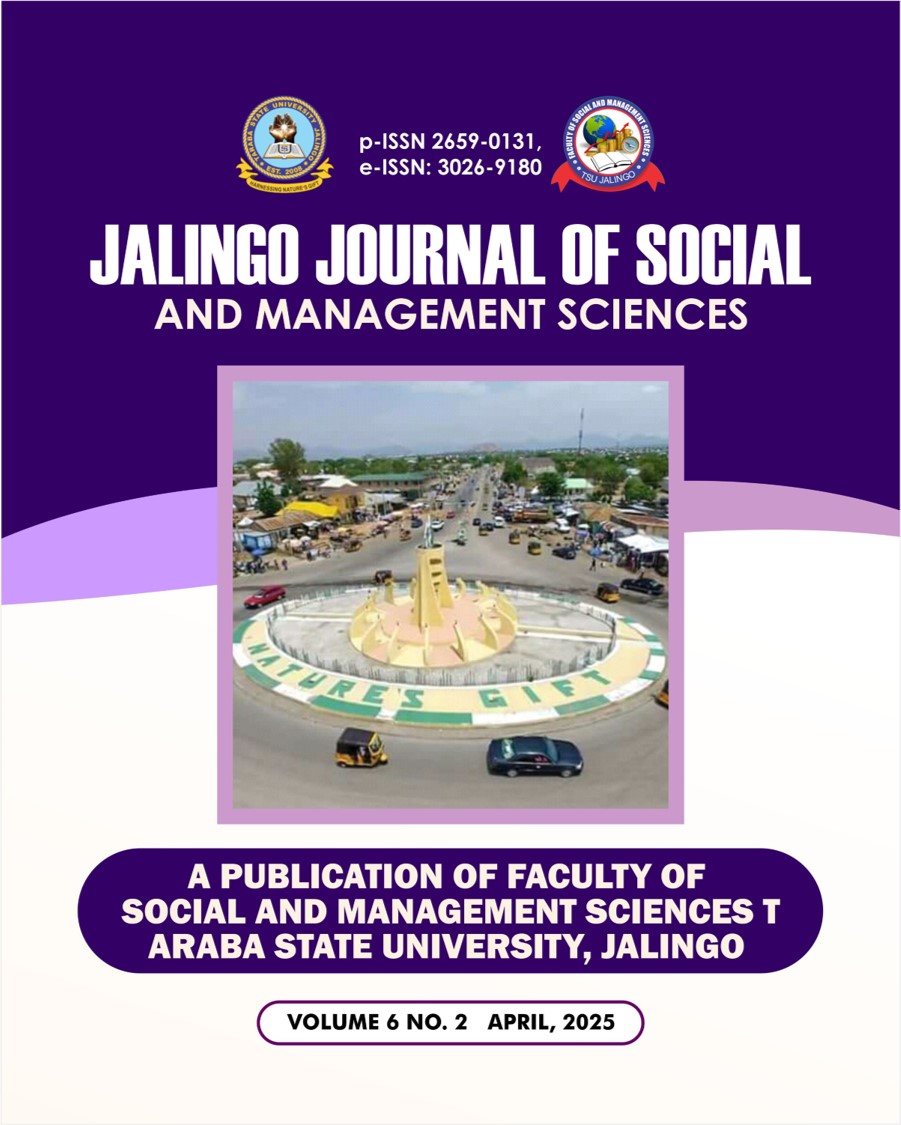Effect of Taxation and Public Expenditure on Employment Generation in Nigeria
Keywords:
Employment generation, Fiscal policy, Public expenditure, Public goods and services, Taxation, NigeriaAbstract
This study investigates the effectiveness of taxation and public expenditure in influencing employment generation in Nigeria from 1981 to 2022. The model was built on Keynesian fiscal policy framework using multiple regression analysis method. Given the order of integration, the Johansen Co-integration procedure and Error Correction Model (ECM) were applied. It was found that unemployment was negatively affected by petroleum profits tax, while non-oil taxes, capital expenditure and recurrent expenditure had positive effects on unemployment with the petroleum profits tax and capital expenditure having the most significant effects. The study recommends that government should transparently and judiciously account for the revenue generated through taxes by investing in the provision of infrastructure and public goods and services. The policy implication is that the more effectively and efficiently tax revenue is utilized by Government to support economic activities and sectorial productivity growth, employment opportunities will be
created and the taxpayers will be willing to pay tax.

Downloads
Published
Issue
Section
License
Copyright (c) 2025 JALINGO JOURNAL OF SOCIAL AND MANAGEMENT SCIENCES

This work is licensed under a Creative Commons Attribution-NonCommercial 4.0 International License.
